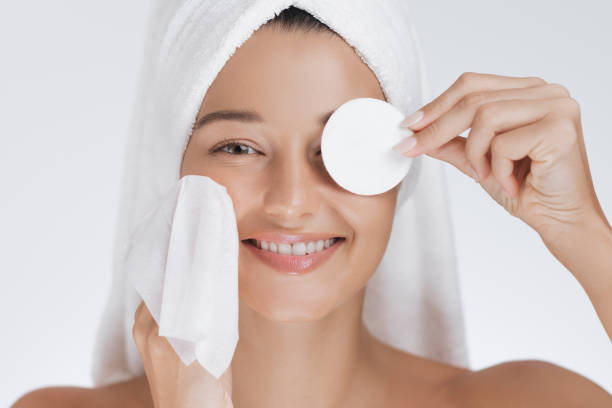When it comes to skincare, the first step in any routine is cleansing. But with so many products available, the choice between a face wash and a cleanser can get confusing.
Are they the same?
Which one is better for your skin type? Understanding their differences and benefits can help you make an informed decision and get the most out of your skincare routine.
Table of Contents
What is a Face Wash?
A face wash is a water-based product designed to deeply cleanse the skin. It works by removing dirt, oil, sweat, and other impurities that build up throughout the day. Face washes often produce a foamy or lathering texture, giving you that “squeaky clean” feeling after use.

Face washes are especially effective for people with oily or acne-prone skin. They work to unclog pores and reduce excess oil, helping to prevent breakouts and keep the skin feeling refreshed.
However, they can sometimes strip the skin of its natural oils, making them less ideal for people with dry or sensitive skin.
What is a Cleanser?
A cleanser, on the other hand, is a gentler option that removes dirt, makeup, and impurities without over-drying the skin. Cleansers come in various forms, such as creamy, gel-based, or oil-based, and they are formulated to maintain the skin’s moisture balance while cleaning it.
Cleansers are a better choice for people with dry, sensitive, or normal skin. They are also effective at removing makeup and sunscreen, making them an essential part of any evening skincare routine.

Because they don’t foam up like face washes, cleansers leave your skin feeling soft and hydrated rather than tight or dry.
How Do They Differ?
The main difference lies in their function and who they’re designed for:
- Texture: Face washes typically foam or lather, while cleansers are creamier or gel-like.
- Purpose: Face washes provide a deep cleanse and target oil and clogged pores. Cleansers, however, are designed for gentle cleaning and maintaining skin hydration.
- Skin Type: Oily or acne-prone skin benefits more from face washes, while dry, sensitive, or combination skin is better suited to cleansers.
Can You Use Both?
Yes, you can incorporate both into your skincare routine if your skin needs a deeper clean at times. For instance, you can use a cleanser to remove makeup or sunscreen in the evening and follow up with a face wash for a more thorough cleanse.
This method, called double cleansing, ensures your skin is free of impurities without being stripped of its natural oils.
Choosing the Right Product for Your Skin
Here’s how to decide whether a face wash or a cleanser is best for you:
- Know Your Skin Type:
If your skin tends to be oily or acne-prone, a face wash will help keep oil production in check.
If you experience dryness, sensitivity, or irritation, opt for a cleanser to keep your skin balanced.
- Consider Your Routine:
For a quick refresh in the morning, a face wash works well.
At night, especially if you wear makeup, start with a cleanser to remove buildup and follow with a face wash if needed.
- Check the Ingredients:
For oily skin, look for ingredients like salicylic acid or tea tree oil in your face wash.
For dry or sensitive skin, choose cleansers with hydrating ingredients like glycerin, aloe vera, or ceramides.
- Test and Observe:
Sometimes, trial and error is the best way to find what works for you. If a product leaves your skin feeling tight, dry, or irritated, it may not be the right one.
Final Thoughts
Both face washes and cleansers play important roles in skincare, but they cater to different needs. Choosing the right product is all about understanding your skin type and routine.
If you’re someone who needs a deep clean to tackle excess oil or acne, a face wash is your go-to. If your skin is more delicate and prone to dryness, a cleanser will be your best friend.
Photo | pexels











